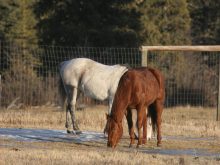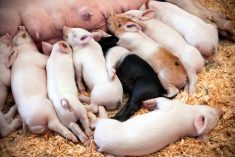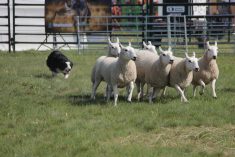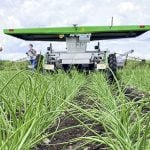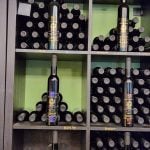ACME, Alta. – The hog price disaster of the last six months still has producers reeling.
Prices remain about 25 cents per kilogram below the cost of production and during a producers’ meeting here, about 60 kilometres northeast of Calgary, farmers resolved to get to the root of the problem. That may require a national investigation into price setting mechanisms and packer profits.
While some doubted it will do much good, about 70 producers at the Alberta Pork Producers Development Corporation district meeting asked the Canadian Pork Council to investigate hog pricing in Canada. Included must be a look at price disclosure and transparency.
Read Also
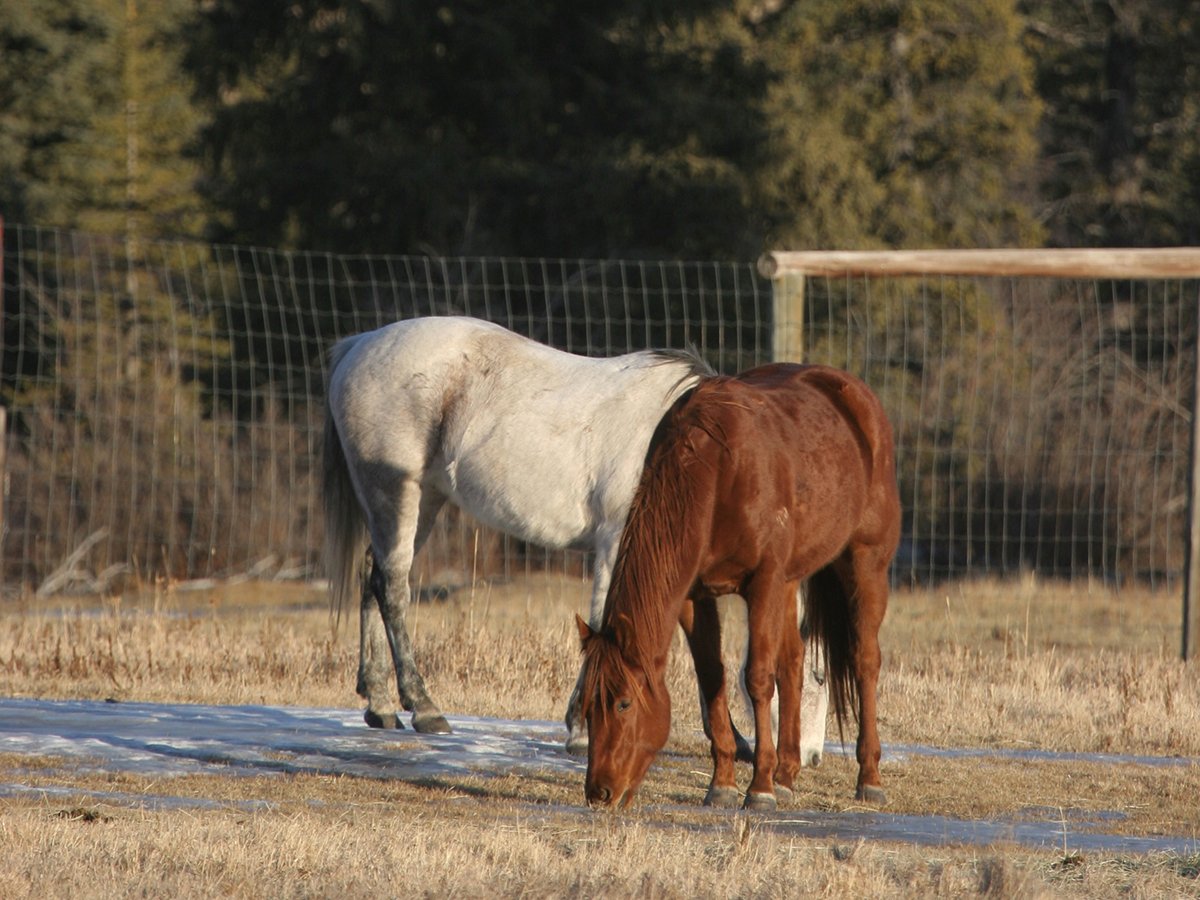
Why selenium is still an important factor in horse health
Selenium is an essential equine trace mineral that supports antioxidant defense, muscle integrity, immune function, metabolism and thyroid activity.
“We’re hoping the federal government will get involved,” said delegate Dennis McKerracher of High River, Alta., who introduced the resolution.
The Canadian price is based on the United States cash spot market price set in the Midwest but that represents only 36 percent of hog marketings.
U.S. agriculture secretary Dan Glickman is already chasing the American meat industry for the same kinds of information to force packers to reveal prices paid for hogs and cattle.
Without this kind of price information, producers are concerned they can’t properly forward contract hogs.
Producers also want to know the level of provincial support granted to other farmers in the hog industry across Canada. They want the pork council to investigate and compare provincial programs to see if any price distortion is happening. They also want to know if any of these programs carry trade implications.
A U.S. countervail duty on live hogs has been in effect since 1985, but recently began refunding money to Canadian farmers.
After paying millions of dollars to the American treasury and working through appeals, the producers want assurances the countervail won’t be back.
The duty is periodically set and paid on every hog shipped into the U.S. They are set according to the level of subsidies the Americans believe Canadian producers receive.
Producers are not paying a duty right now and await the decisions on reviews for the periods of 1997 and 1998.
“If they are to countervail pork, we would be dead,” said pork board director Doug Hall of Airdrie.



